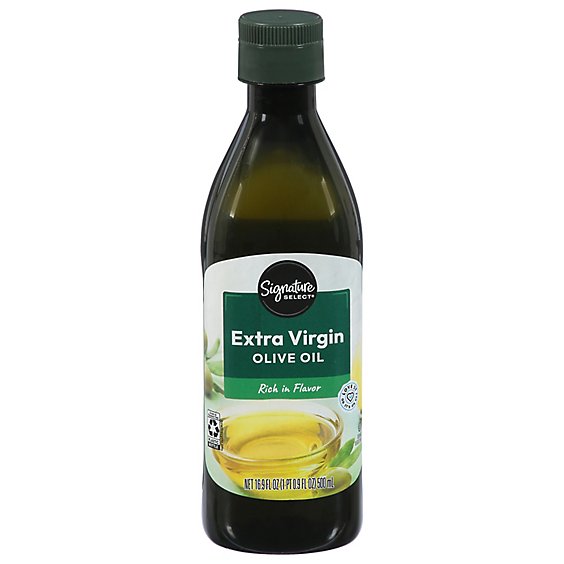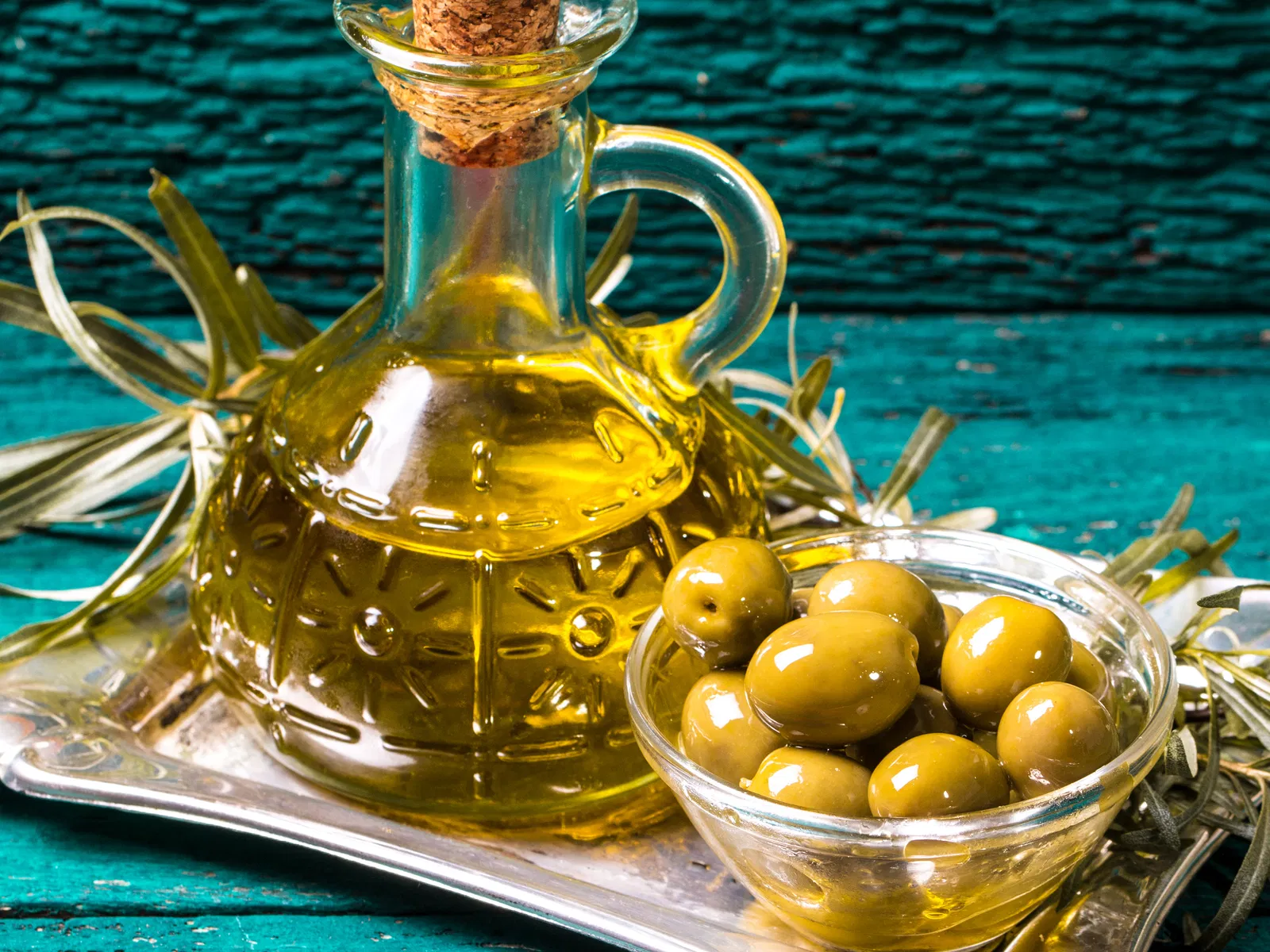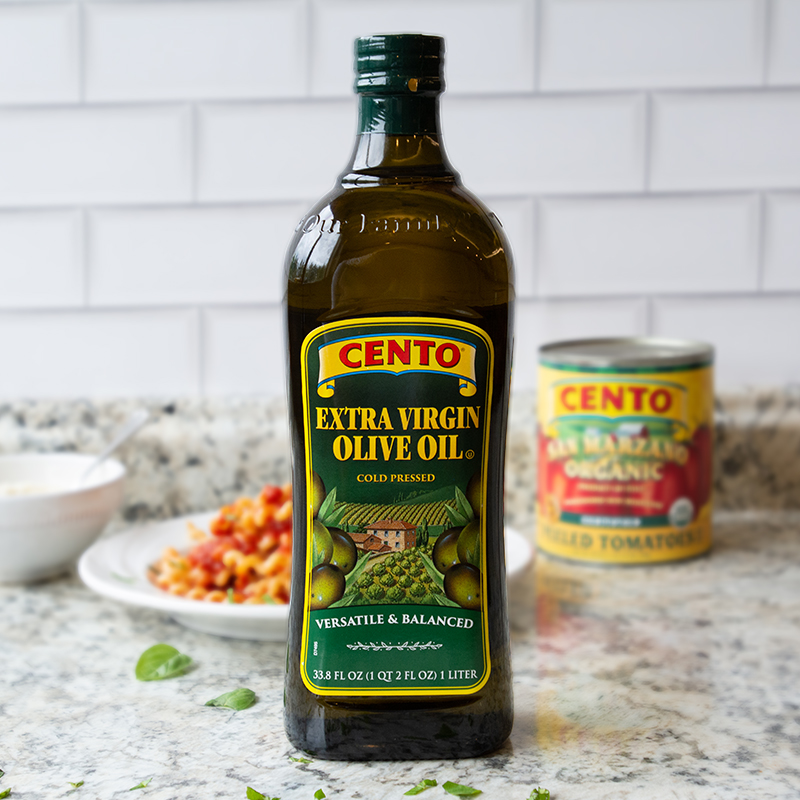Extra Virgin Olive Oil Benefits: How It Supports Healthy Cholesterol Levels
Extra Virgin Olive Oil Benefits: How It Supports Healthy Cholesterol Levels
Blog Article
Discovering the Various Kinds Of Olive Oil and Their Uses, Including Additional Virgin Olive Oil
The exploration of olive oil incorporates a varied variety of kinds, each offering unique flavors and culinary applications. Additional virgin olive oil, renowned for its superior quality and wellness benefits, works as a staple in lots of kitchens, yet it is just one aspect of this diverse component. extra virgin olive oil benefits. Other ranges, such as pure and polished olive oils, also necessitate focus for their one-of-a-kind residential properties and uses. Recognizing these differences can substantially impact both cooking techniques and flavor accounts. What, then, should one think about when selecting the best olive oil for a particular culinary venture?
What Is Olive Oil?
Acquired from the fruit of the olive tree, olive oil is a staple in Mediterranean food and a key component in numerous culinary applications. This versatile oil is created by pushing entire olives, causing a fluid that varies in taste, fragrance, and shade relying on the sort of olives made use of, the area of growing, and the extraction procedure. Olive oil is mostly made up of monounsaturated fats, particularly oleic acid, which is known for its possible health and wellness advantages, consisting of anti-inflammatory residential properties and cardio assistance.
In addition to its culinary usages, olive oil has a lengthy history of application in standard medicine and skincare, owing to its rich antioxidant content (extra virgin olive oil benefits). The oil is often made use of in dressings, sauces, and for cooking techniques such as sautéing and roasting. Its distinct flavor profile can improve the taste of various meals, making it a necessary ingredient for both home cooks and professional chefs
Furthermore, olive oil is celebrated for its function in the Mediterranean diet regimen, which is related to numerous health and wellness advantages. As awareness of these advantages expands, olive oil continues to acquire popularity worldwide as an essential part of a healthy way of life.
Kinds Of Olive Oil
Comprehending the different sorts of olive oil is necessary for both cooking enthusiasts and health-conscious customers. Olive oil is categorized mostly based on its removal technique and quality, which significantly impacts its taste, health and wellness, and fragrance benefits.

Light olive oil, despite its name, describes a lighter taste and not lower calories. It is perfect for those looking for an extra refined taste in dressings and marinades. In addition, there are flavored olive oils infused with natural herbs, spices, or citrus, which can enhance recipes without the requirement for additional flavoring.
Each kind of olive oil serves details culinary purposes, and recognizing these distinctions allows customers to make informed selections that line up with their food preparation designs and health objectives.
Extra Virgin Olive Oil
Bonus virgin olive oil (EVOO) is widely considered as the finest olive oil available, popular for its rich taste and various wellness benefits. To be identified as extra virgin, the oil has to be created from fresh olives using mechanical processes, without using solvents or extreme warmth. This precise approach preserves the oil's natural flavors, anti-oxidants, and healthy and balanced fats, additional hints leading to an item with a low acidity degree of much less than 0.8%.
EVOO is abundant in monounsaturated fats, especially oleic acid, which is connected to reduced swelling and boosted heart health. It likewise has polyphenols, powerful anti-oxidants that might offer protective impacts versus chronic illness. The flavor account of EVOO can differ substantially depending on the olive range and region of production, varying from grassy and fruity to durable and peppery.

Culinary Utilizes of Olive Oil

In food preparation, olive oil can be made use of for sautéing, toasting, and barbecuing, offering a healthier alternative to butter or various other fats. Its high smoke factor makes it ideal for numerous cooking approaches, while its anti-oxidants add to a heart-healthy diet. Drizzling olive oil over ended up recipes, such as pasta, fish, or barbequed vegetables, can raise tastes and add a touch of elegance.
In addition, olive oil plays a substantial function in baking, where it can change standard fats in recipes for bread and breads, giving moisture and a refined preference. It also works as a base for instilled oils, allowing cooks to explore flavors such as garlic, natural herbs, or chili, better broadening its culinary possibility. In general, olive oil's versatility makes it crucial in both home and expert kitchens.
Finding Top Quality Olive Oil
When choosing quality olive oil, it's vital to think about several crucial factors that affect the product's fragrance, flavor, and health and wellness benefits. Firstly, choose added virgin olive oil (EVOO), which is acquired from the initial cool pushing of olives and consists of the highest degrees of anti-oxidants and advantageous compounds. Seek oils that are accredited navigate to this site by acknowledged organizations, as this often makes certain adherence to strict top quality criteria.
The packaging also plays a considerable duty in maintaining the oil's integrity. Choose oils saved in dark glass bottles or tins to protect against light deterioration. Take notice of the harvest day; fresher oils supply exceptional flavor and nutritional value, so choose items that are within 18 months of their harvest.
Be mindful of the preference; a great high quality olive oil ought to have an equilibrium of fruity, bitter, and sharp notes, suggesting its richness and intricacy. By examining these aspects, you can ensure you are picking the best olive oil for your culinary demands.
Final Thought
In summary, the expedition of different kinds of olive oil discloses unique qualities and applications, with extra virgin olive oil standing for the pinnacle of quality as a result of its low level Related Site of acidity and high antioxidant material. Its flexibility in cooking uses enhances tastes in dressings, marinades, and showers. Comprehending the different ranges of olive oil allows for educated choices in food preparation methods, advertising healthier techniques while enriching the total gastronomic experience. Quality selection continues to be important for optimal benefits.
Acquired from the fruit of the olive tree, olive oil is a staple in Mediterranean cuisine and a crucial ingredient in different cooking applications.The most usual types of olive oil include improved olive oil, pure olive oil, and light olive oil.Bonus virgin olive oil (EVOO) is widely related to as the greatest top quality olive oil available, well known for its abundant taste and numerous health benefits. Choose for added virgin olive oil (EVOO), which is derived from the very first cool pushing of olives and contains the greatest levels of antioxidants and valuable substances.In summary, the exploration of numerous kinds of olive oil discloses distinct qualities and applications, with additional virgin olive oil representing the pinnacle of high quality due to its low acidity and high antioxidant material.
Report this page